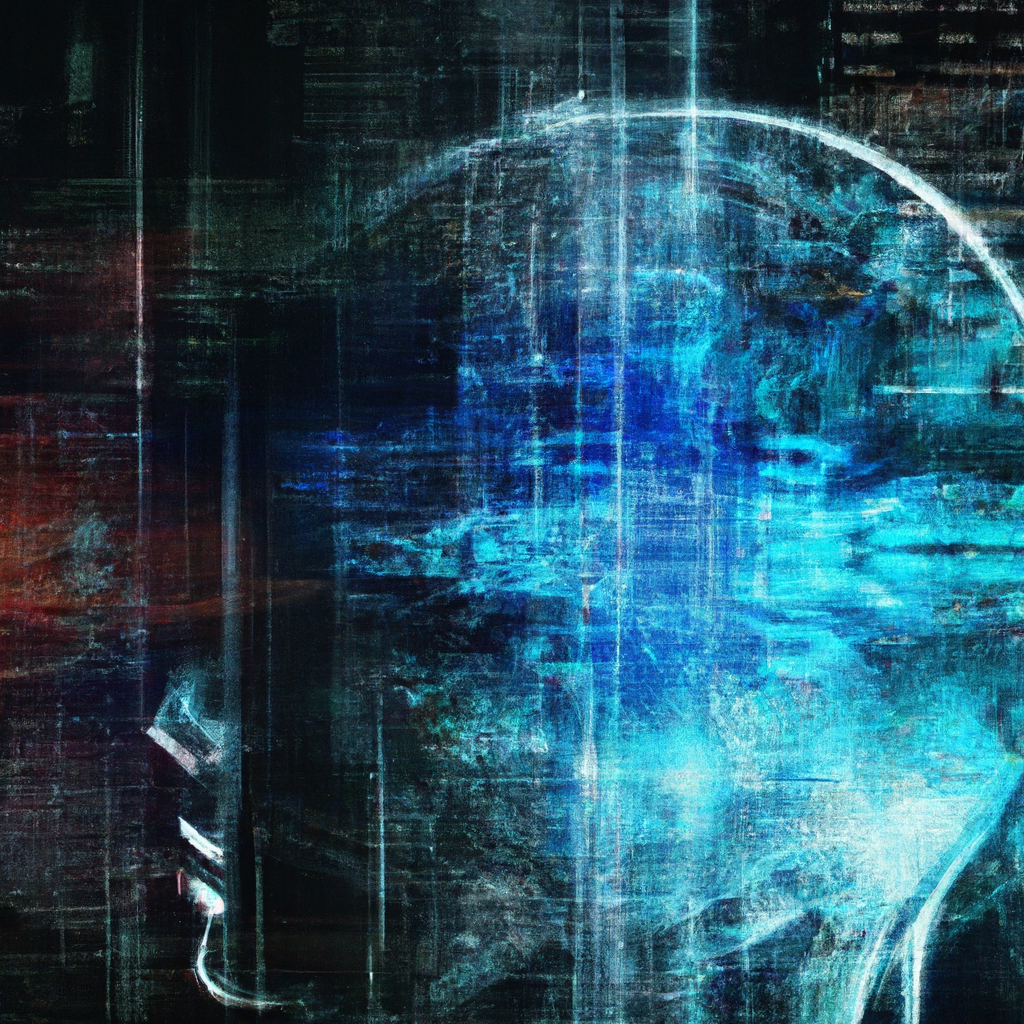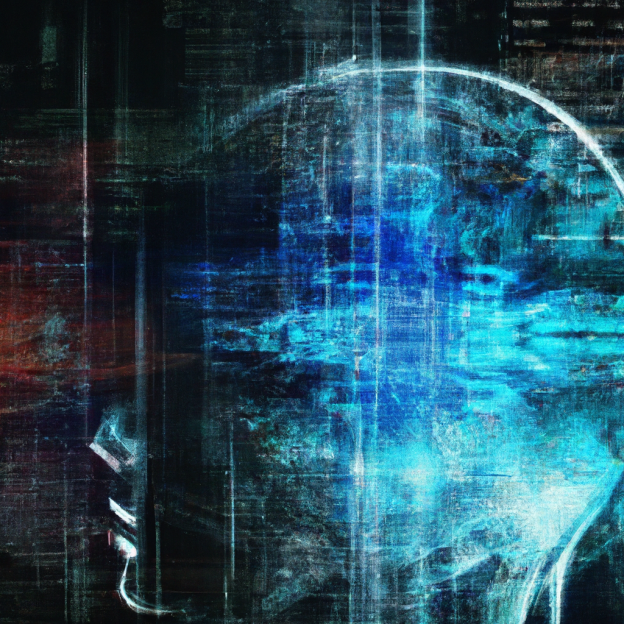Have you ever wondered who the genius behind the birth of Artificial Intelligence (AI) is? The answer to this question may surprise you. Throughout history, many remarkable individuals have contributed to the development of AI, each leaving their own significant mark. From Alan Turing, the trailblazer who laid the foundations, to John McCarthy, who coined the term “Artificial Intelligence,” this article uncovers the fascinating journey of those who paved the way for the AI revolution. Join us as we take a closer look at the captivating story of the fathers of AI.

Introduction
When it comes to the fascinating world of Artificial Intelligence (AI), there are several remarkable individuals who have paved the way for its development. Although it’s difficult to pinpoint a single person as the sole “father” of AI, there are a number of influential figures who have made significant contributions to the field. In this article, we will explore the lives and contributions of some of the most influential pioneers in AI, including John McCarthy, Alan Turing, Warren McCulloch, Walter Pitts, Marvin Minsky, Herbert Simon, John von Neumann, Arthur Samuel, and Claude Shannon. Through their groundbreaking work and dedication, these visionary individuals have played an instrumental role in shaping the landscape of AI as we know it today.
John McCarthy
One of the key figures in the development of AI is John McCarthy, an American computer scientist who coined the term “Artificial Intelligence.” McCarthy was a professor at Stanford University and is widely regarded as one of the founding fathers of AI. In 1956, he organized the Dartmouth Conference, which brought together leading researchers in the field and marked the birth of AI as a formal discipline. McCarthy’s work focused on the development of language processing, logical reasoning, and symbolic programming, laying the groundwork for future advancements in AI research.
Alan Turing
No exploration of AI pioneers would be complete without mentioning the brilliant mind of Alan Turing. Known as the father of computer science, Turing made groundbreaking contributions to AI through his concept of the Turing machine, a theoretical device that laid the foundation for modern-day computers. Turing also devised the famous “Turing Test,” which poses the question of whether a machine can exhibit intelligent behavior indistinguishable from that of a human. Although his work was primarily focused on computation and machine learning, Turing’s ideas have had a profound impact on the development of AI.
Warren McCulloch and Walter Pitts
Another significant duo in the history of AI is Warren McCulloch and Walter Pitts. In the 1940s, they published a groundbreaking paper titled “A Logical Calculus of the Ideas Immanent in Nervous Activity,” which introduced the concept of artificial neural networks. Their work explored the idea of building computational models inspired by the human brain, creating a foundation for neural networks that are widely used in AI today. McCulloch and Pitts’ pioneering research paved the way for further studies on neural network architectures and brought us closer to understanding the complexities of human-like intelligence.

Marvin Minsky
Marvin Minsky is often referred to as one of the founding fathers of AI, and his contributions to the field are immeasurable. Minsky, along with John McCarthy, cofounded the Artificial Intelligence Laboratory at the Massachusetts Institute of Technology (MIT) in 1959. His work focused on cognitive architectures, perception, and robotics. Minsky’s significant contributions include the development of the “frames” concept for representing knowledge in AI systems and the creation of the “Society of Mind” theory, which proposed that intelligence emerges from the interaction of multiple simple processes. Minsky’s profound impact on AI research solidified his reputation as one of the most influential figures in the field.
Herbert Simon
Herbert Simon, an American economist and cognitive psychologist, made significant contributions to the field of AI by exploring the concepts of problem-solving and decision-making. Simon believed that human intelligence could be simulated through algorithmic processes, and his work laid the foundation for the development of AI algorithms capable of making rational decisions. His breakthroughs in the field of AI earned him the prestigious Nobel Prize in Economics in 1978. Simon’s interdisciplinary approach to AI research greatly influenced the fusion of psychology and computer science, leading to advancements in AI that continue to shape the field to this day.
John von Neumann
John von Neumann, a Hungarian-American mathematician, was renowned for his contributions to numerous scientific fields, including AI. Von Neumann’s groundbreaking research in the field of computer architecture and the theory of self-replicating automata laid the foundation for the development of universal computers and the modern stored-program computer architecture. His work helped bridge the gap between theoretical concepts and practical implementation, establishing him as a key pioneer in the field of AI.
Arthur Samuel
Arthur Samuel was an American pioneer in the field of AI, particularly in the realm of machine learning. His groundbreaking work on computer checkers, a game-playing program capable of learning from experience, was both influential and groundbreaking. Samuel’s program was able to improve its performance through self-learning and adaptation, a concept that paved the way for the development of modern machine learning algorithms. Samuel’s research significantly impacted the field of AI and set the stage for the development of intelligent systems capable of learning and improving their performance over time.
Claude Shannon
Claude Shannon, an American mathematician and electrical engineer, revolutionized the field of AI through his work on information theory. Shannon developed foundational concepts such as entropy and redundancy, which are vital in understanding the limits of communication and processing information. His groundbreaking contributions provided a mathematical basis for measuring and quantifying information, laying the groundwork for advancements in data compression, error correction, and machine learning algorithms. Shannon’s work has had a profound impact on AI, enabling the efficient processing and manipulation of vast amounts of data.
Conclusion
While there is no definitive “father” of AI, the contributions of these visionary individuals have undeniably shaped the field and propelled it forward. From John McCarthy’s coining of the term “Artificial Intelligence” to Alan Turing’s foundational work in computation, and from Warren McCulloch and Walter Pitts’ exploration of neural networks to Herbert Simon’s advancements in problem-solving algorithms, each pioneer has brought us closer to realizing the potential of AI. The combined efforts of John von Neumann, Marvin Minsky, Arthur Samuel, and Claude Shannon have further expanded our understanding of AI’s scope and set the stage for the development of intelligent systems capable of learning, reasoning, and making rational decisions.
As we continue to push the boundaries of AI, it is important to acknowledge and appreciate the contributions of these brilliant minds who have laid the foundation for the field. Their relentless pursuit of knowledge, groundbreaking research, and paradigm-shifting ideas have not only shaped the past but will continue to shape the future of AI. Together, these visionaries have propelled AI from a concept to a reality, and their influence will undoubtedly inspire generations of AI researchers and engineers to come.
